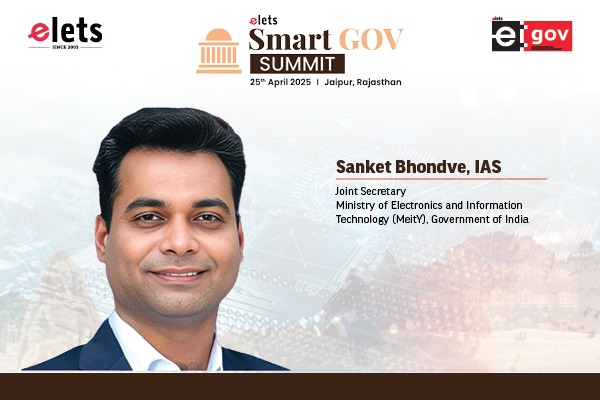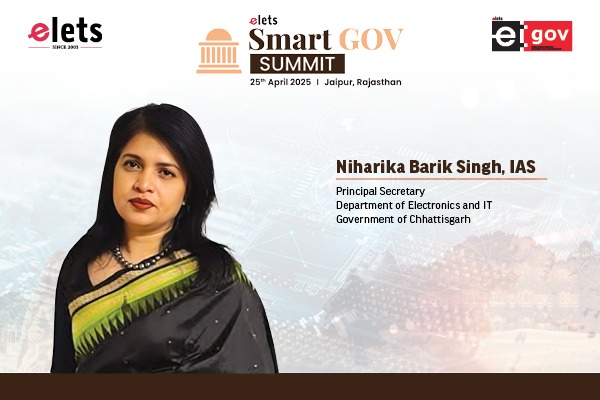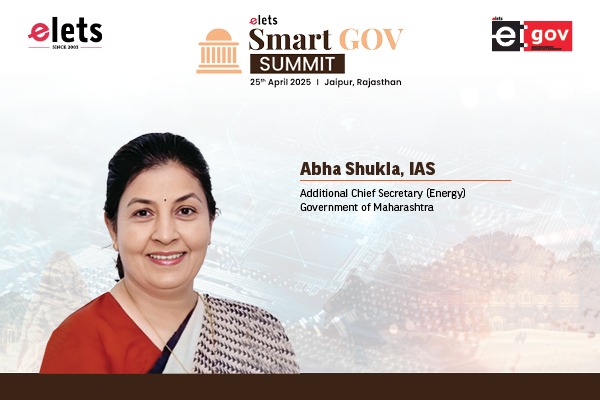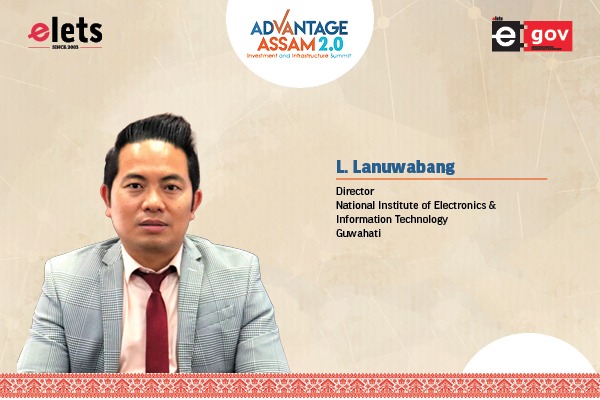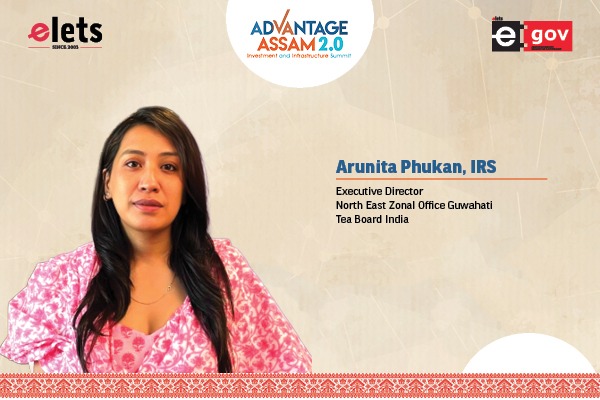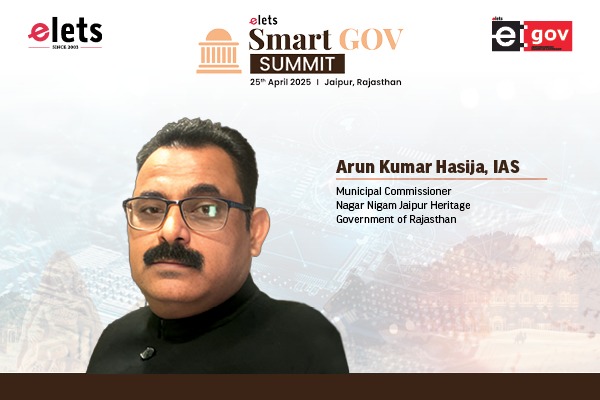
Mumbai’s population density of 30,000 individuals per square kilometre severely limits its capacity to accommodate its citizens. The geographical features of the peninsula, including coastal marshy lands, along with severe limitations on development, have significantly impeded the construction of housing, resulting in exorbitant prices that are beyond the reach of many individuals, especially those belonging to the middle-income, lower-income, and economically weaker groups. A large chunk of Mumbai’s population lives in slums, which is a clear indication of the alarming housing situation.
The Impact of Rapid Industrialization on Slum Formation
Slums, which have emerged due to rapid industrialisation since the 1960s, are widely known for their inadequate living conditions, lack of proper sanitation, and susceptibility to natural and man-made calamities. Slum Rehabilitation Authority (SRA) CEO Dr Mahendra Kalyankar observes that to fully understand this problem’s seriousness, the Government of Maharashtra (GoM) established a committee in 1995 to create a thorough plan for rehabilitating slums. This endeavour resulted in the creation of the SRA on December 25, 1995, to tackle the challenges faced by individuals living in slums.

Dr. Kalyankar asserts that the SRA has a holistic strategy for slum restoration, encompassing many projects within its jurisdiction. The most common form of rehabilitation, known as in-situ redevelopment under regulation 33(10) of DCPR 2034, involves relocating slum people to new housing units on the same layout. The sub regulation 3.11 of Regulation 33(10) of DCPR 2034, primarily targets public infrastructure projects and provides Transferable Development Rights (TDR) to landowners who allocate space for Project Affected Persons (PAP). Finally, regulation 33(11) of DCPR 2034 enables the utilisation of the zonal Floor Space Index (FSI) along with incentive FSI to landowners against the construction of Permanent Transit Camp (PTC), which are handed over to Shivshahi Punarvasan Prakalp (SPPL), Maharashtra/ Govt. Staff Quarters.

Government Interventions for Slum Dwellers
Consistent actions and policy decisions have been taken to implement the stalled schemes of the SRA and to provide relief to the slum dwellers.

Immediate Relief: Addressing the Rent Crisis
According to Dr Kalyankar, the government is implementing a slum rehabilitation scheme (SRS) to promote a slum-free Mumbai and, alternatively, a slum-free Maharashtra. Initially, demonetisation and, subsequently, the global pandemic of COVID-19 weakened the financial position of many private developers. Therefore, it was observed that most of the SRS in Mumbai were stalled.

Developers could not pay the rent of the eligible slum dwellers, and as such, their rehabilitation could not be done in time as the schemes got stalled. Due to this, an atmosphere of dissatisfaction was created among the slum dwellers. In such a situation, in September 2022, a review meeting was held before the Deputy Chief Minister and the Minister for Housing regarding the pending rent of the slum dwellers and the stalled schemes. At that time, the unpaid rent was around Rs 700 crore. The Government of Maharashtra (GoM) directed to take immediate action to provide immediate relief to the slum dwellers. Dr. Kalyankar points out that the following decisions were taken to provide relief to the slum dwellers:
- Rent Recovery Initiative: The SRA has appointed 25 nodal officers department-wise to recover the arrears of transit rent through the order dated 25.07.2023. It has issued circular no.210 dated 01.08.2023 to reduce the complaints of transit rents. As per the said circular, the developer has to pay two years of advance rent through DD and third-year rent through PDC to the SRA. Accordingly, the developers deposited the rent directed to slum dwellers and the SRA till July 2024, amounting to more than Rs. 700 crore among 150 SRS and approximately 64,917 slum dwellers. Accordingly, the SRA is releasing the payment to concerned slum dwellers, which helps reduce rent complaints.
The SRA has also initiated proceedings against developers u/s 13(2) of the Maharashtra Slum Areas (I,C & R) Act, 1971, because of nonpayment of transit rent. Among the further steps taken is that no schemes of defaulter developers will be accepted. The SRA has also started registering online complaints of slum dwellers on its website, sra.gov.in. Further, the SRA has appointed an Authorised Account Officer on the government panel to visit the slum societies and review the pending transit rent.
- Abhay Yojana (Amnesty Scheme): Various financial institutions have invested in SRS. However, they are not on record with the SRA. Even after they provide finance, some developers are not providing rent to the eligible slum dwellers and deliberately stalling such schemes. Thus, the rehabilitation of the slum dwellers is not taking place in time. Also, since these financial institutions are not on record with the SRA, it was not possible for the Authority to grant them approval even though they have the financial capacity to complete their plan.
Dr Kalyankar shared that the government has decided that financial institutions approved by the Reserve Bank of India, SEBI or NHB will be allowed to complete the stalled schemes if they come forward to clear the pending rent and complete them. Accordingly, 47 proposals have been received, and a decision has been taken on 15. Out of these, the Committee has accepted 10 proposals and rejected 5 proposals. The approved schemes under the Amnesty Scheme are near about 28,161 slum dwellers. Under Abhay Yojana, about Rs. 159.41 crore of rent has been recovered.
Implementation of slum rehabilitation scheme on a joint venture (JV) basis: The Government decided on 21/09/2023 to implement the SRS in the BMC area through other corporations/authorities on a joint partnership (JV) basis. Accordingly, it has been decided to develop the Ramabai Colony Ghatkopar scheme on a JV basis through MMRDA and SRA. The process of eligibility determination and land acquisition is in progress for the said project. Approximately 16000 slum dwellers will be rehabilitated through this.
Since many schemes have been stalled for many years, the Chief Minister of Maharashtra has directed to implement them on a JV basis. Thus, it will be possible to speed up the stalled schemes in the coming period. In this, the concerned authority implementing the scheme has made a provision to pay the rent of the slum dwellers themselves, and there is a plan to build good quality houses. Therefore, approximately 2 lakh slum dwellers will get houses in the next period of time. Accordingly, it has been decided to implement the nearly 233 stalled schemes with government agencies on a JV basis under Dr. Kalyankar’s guidance as follows:
- BMC 50,000 tenements,
- MHADA – 25,000 tenements,
- MMRDA – 25,000 tenements,
- MSRDC 25,000 tenements,
- CIDCO – 25,000 tenements,
- MAHAPREIT – 25,000 tenements
- MIDC – 25,000 tenements, totalling 2 lakh tenements.
Implementation of stalled schemes by appointing developers through the tender process through SRA
In the stalled schemes, the SRA is instructed to take action against the developers under Section 13 (2) of the Maharashtra Slum Areas Act, 1971 and complete such stalled schemes by appointing the developer through the tender or bid process. By, inviting applications from interested developers through a public notice, the government has done and approved the empanelment of developers based on technical and financial criteria. Therefore, it is also planned to implement some of the stalled schemes at the SRA level, under his guidance.
Online services: Online services such as an online lottery system for eligible hutment dwellers, an online rent management system for rent distribution, an online tenement transfer system, a visitor management system, etc., are familiar for the speedy implementation of SR schemes.
Also Read | Maharashtra’s Vision for Affordable Housing and Urban Development
The SRA has made significant progress in enhancing the physical infrastructure of slum settlements since its establishment. The implementation of SRS has greatly improved various aspects of living conditions, including water supply sanitation, solid waste management, public health, and energy. Although there have been significant physical changes, Dr. Kalyankar also emphasises the wider influence on the socio-economic advancement of these communities. The process of rehabilitating and redeveloping slums plays a crucial role in shaping Mumbai’s urban environment. Under Dr. Kalyankar’s guidance, the SRA remains at the forefront of these initiatives, collaborating closely with developers to guarantee that the city’s slum residents are not neglected. The current initiatives around Mumbai serve as evidence of this objective, demonstrating a dedication to establishing a more habitable city for everyone.
Views expressed by: Dr. Mahendra Kalyankar, IAS, Chief Executive Officer, Slum Rehabilitation Authority Brihanmumbai, Maharashtra
Be a part of Elets Collaborative Initiatives. Join Us for Upcoming Events and explore business opportunities. Like us on Facebook , connect with us on LinkedIn and follow us on Twitter, Instagram.
"Exciting news! Elets technomedia is now on WhatsApp Channels Subscribe today by clicking the link and stay updated with the latest insights!" Click here!





